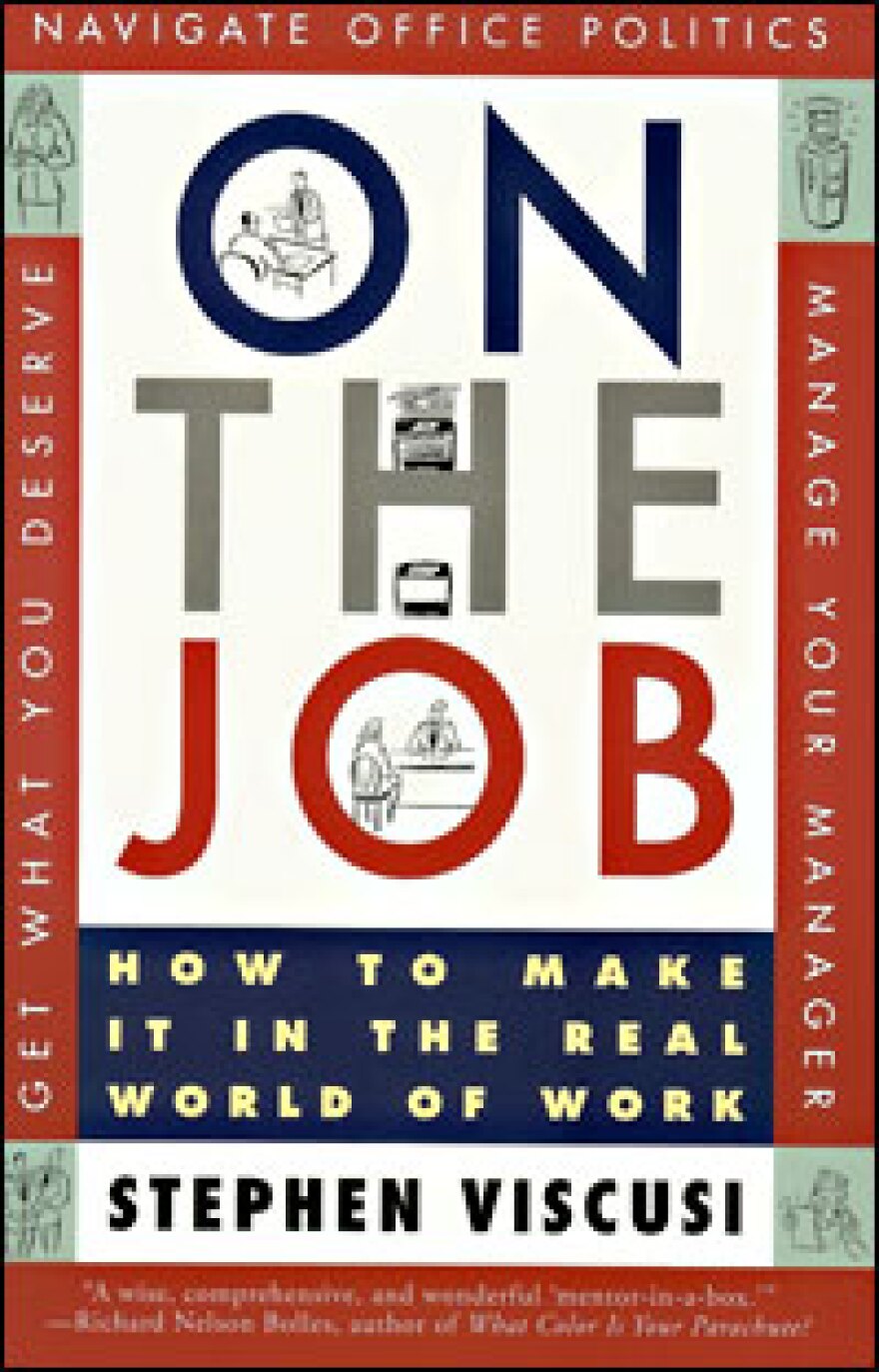
Sure Ways to Get Fired
* Keep a copy of your resume in your company computer.
* E-mail or solicit jobs on your company computer.
* Send follow-up letters to a new prospective employer using your current company letterhead.
* Box your boss into a corner about a raise.
* Offend your boss's spouse, partner, or children.
* Be a high-maintenance employee.
* Lie on an employment application. This includes things like education and previous work experience. It always catches up with you, not necessarily in the beginning of your career, but sometimes in the course of your working for a company. If you're caught in a lie, you will be fired.
* Be chronically late for work.
________
How to Keep on an Even Keel
Unfortunately, you don't always have the option of sitting out a serious storm. Perhaps the situation involves you — a co-worker is angling for your job and has pulled a completely unacceptable maneuver that requires you to marshal all your allied forces. Or there's a massive shake-up at the company that has people in an uproar, with no one sure whether they'll have a job on any given Monday and backs being stabbed left and right. Maybe it's a nearly impossible project that has workers in a state of extreme agitation from overwork, inadequate sleep, and severely frayed nerves.
The range of causes is vast, but don't let the causes distract you from the immediate reality. What you're aiming for is — most important — to weather the crisis without sustaining significant damage at the workplace (or professionally, of course.) That's priority number one. Along with that, you don't want your workdays to be a living hell for the duration of the office catastrophe, so finding some internal balance is critical too. The third concern is comporting yourself in a manner that will raise your stature at the company after the firestorm is doused or burns itself out.
Depending on how severe the situation is, self-preservation might be all that's possible, but frequently by maintaining a level head you can look good in comparison to most others and come off as a cool-headed professional rather than as a hysteric. If you follow the following guidelines, you'll have a solid foundation from which to cope with any office earthquake.
Remember that it's just a job. Because tempers flare so brightly in the face of deceit and other horrendous workplace behaviors, it's easy to lose perspective. In all likelihood, this isn't a matter of life and death, if the worst happens you can find another job. If your reputation is tarnished, you'll find a way to restore it in the future. For perspective, hold up this situation against something far more traumatic in your mind.
Pay extra attention to maintaining your personal life. Many people carry workplace cries home with them and spend all their waking hours obsessing over what's going on at the office, which makes it worse and destroys perspective. See the drama as an opportunity not only to advance your standing but also to learn — about your company, about workplace dynamics, and about the character of the individuals with whom you work.
* Remember that everybody thinks they're right. No matter how despicably some workers and managers are behaving in your eyes, they can justify their actions. Few people ever admit to themselves that they're morally depraved. By acknowledging other players' sense of what's right, you can proceed more strategically than can someone who's focused exclusively on their own sense of reality.
* Breathe deep and apply the twenty-four-hour rule as often as possible. Employees might be trying to get you going. For you, victory lies in not succumbing to rage or confusion. Don't let anyone else impose his or her state of mind on you.
* Even if you don't feel calm inside, maintain a composed demeanor. You give less away when your surface appears unruffled, and everyone notices and appreciates dignified behavior.
* Speak with utmost caution. Trust no one at work completely. "Drive defensively." Until you're sure of what's happening in a given place and moment, which is very difficult during a crisis, say no more than is necessary. But don't forget to distinguish between allies and foes; just don't place too much trust in an ally under stress.
* Treat even those you least trust with some basic decency. Don't ever turn your back on them, but don't descend to the level of refusing to say good morning.
* If people in the conflict start gravitating toward you, take this role and run with it. If you can maneuver yourself into being one of the main peacemakers, you'll emerge with a lot of political power.
Excerpted with permission from On the Job by Stephen Viscusi.
Copyright 2023 NPR. To see more, visit https://www.npr.org. 9(MDM3NjYwMjA5MDE1MjA1MzQ1NDk1N2ZmZQ004))

